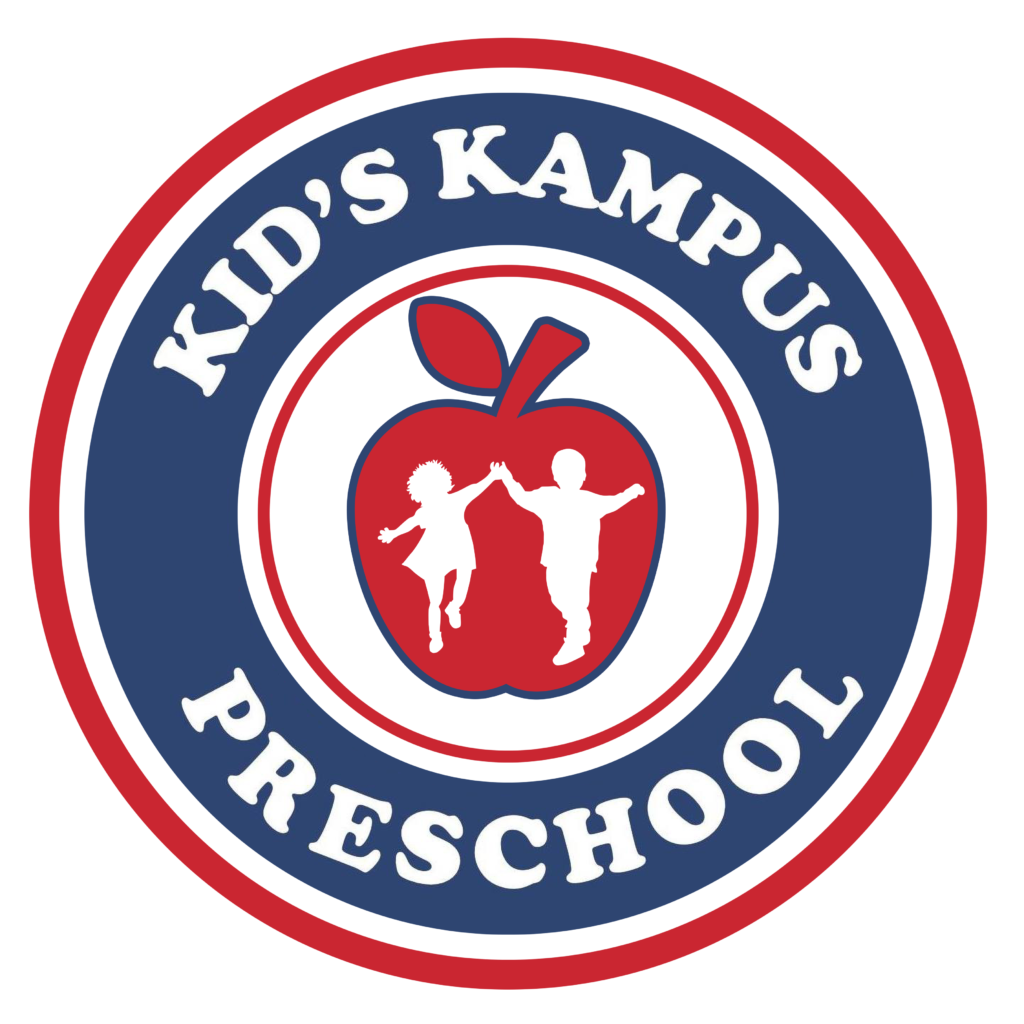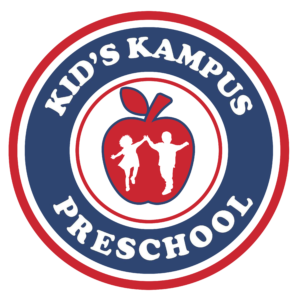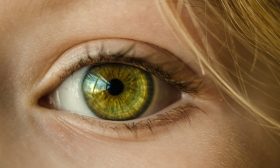August is National Eye Exam Month, it is also the month most kids get ready to go back to school. With both things in mind, getting a comprehensive eye exam should be on your back-to-school checklist.

As a child’s body grows, their eyes go through changes. Sometimes, these changes are gradual. So gradual, that the child gets used to the change without noticing it. Your child may not have any problems with blurry vision or headaches. An annual back to school eye exam will ensure your child’s health, development and school performance. In the spirit of National Eye Exam Month. Here is how eye health affects your child.
School Performance
The most obvious reason to have an annual exam is to ensure your child can do well in school. If your child cannot see at a distance, they will miss out on critical information presented on a board or screen. For kids who cannot see things close up, reading and written assignments become a challenge.
You may only detect a problem when your child’s grades start to slip. Having an annual exam will detect eye issues before school even starts. It should become a normal part of your back-to-school routine.
Eye Problems Cause Other Problems
Children who have eye problems often have other physical symptoms. Eye strain can trigger headaches. They may start out as mild but if the vision problems get worse, the headaches will get worse as well. This can interfere with the child’s school performance, sleep patterns and other daily tasks. Tired eyes are another physical symptom. As the child squints to clarify their vision, the muscles around the eyes will grow tired. This only adds to the problem by causing blurry vision and eye irritation.
Intellectual And Social Development Suffers
If left untreated, eye problems can start to affect more than the physical part of your child’s life. Their intellectual development will start to slow down as school work becomes more of a problem. Your child will start performing below their potential. This can snowball if not treated.
Social development can also suffer with eye problems. Kids use their eyes to pick up on non-verbal social cues. If the kids cannot pick up those social cues, they may experience embarrassing social situations. For some kids, it may cause social withdrawal.
Frustration With Learning

Children can experience intense frustration if they cannot keep up with their peers. It can severely hinder the child’s desire to learn new things. This can cause major problems in both the short and long-term. Short-term the child may start refusing to complete homework, assignments or tests. They may leave reading and writing assignments undone. Long-term, the child may develop the mindset that, if learning is so hard, why do it? It only causes frustration. That kind of mindset is very difficult to change once it’s learned.
Some Eye Problems Are More Serious Than Others
Near and farsightedness are serious issues for anyone. However, they are not the only eye problems that your child may experience:
- Amblyopia is often referred to as “lazy eye” It occurs when poor vision develops in only one eye. The stronger eye overcompensates and the other eye gets weaker.
- Strabismus refers to misaligned eyes. Some misalignments are quite noticeable, with one eye being strongly turned away from the other. Some misalignments are more subtle and may be harder to detect.
- Ptosis happens when the eyelid droops over the eye, blocking part or all the vision in the effected eye.
- Cataracts can occur in children as well as older adults.
- Blocked Tear Ducts can cause eyes to be constantly teary or have a chronic infection.
- Chalazion appears as a lump on the eyelid. It’s caused by a blocked oil gland.
Schedule Your Child’s Eye Exam Today
To avoid all these issues, you need to get your child in for a pediatric vision test. All it takes is a quick call to set the appointment. The back to school vision exam will only take a few minutes and is time well spent. If the children’s eye doctor says everything is fine, you can let them go to school without worry. If there is a problem, you can get it treated immediately. That way, your child won’t have to deal with the side effects and can concentrate on doing well in school. And that’s a great way to celebrate National Eye Exam Month.



